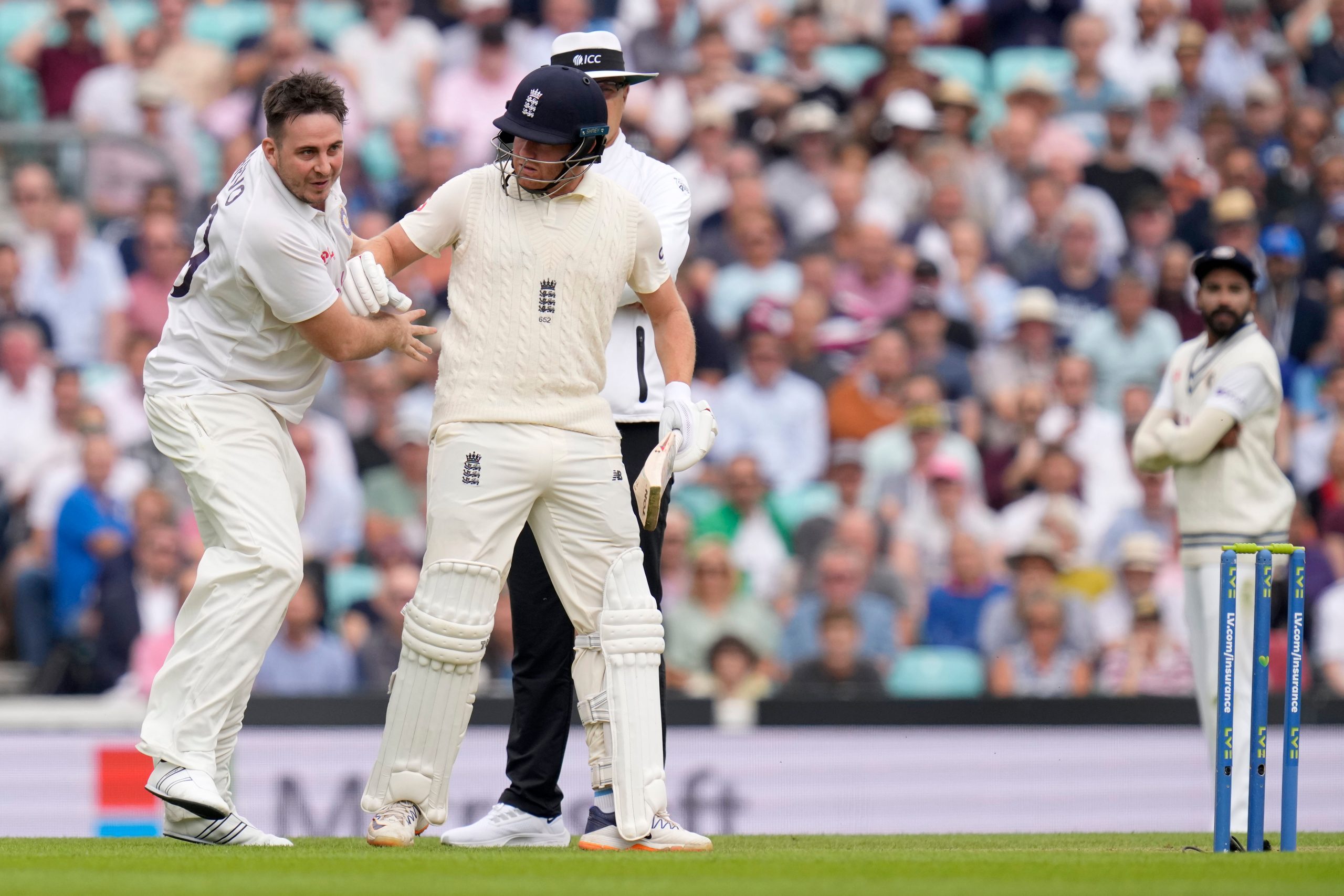Jarvo 69 or Daniel Jarvis, the prankster Youtuber who entered the
playing area thrice in as many India versus England test matches, was arrested
after his last pitch invasion at The Oval. Jarvo was arrested on ‘suspicion of
assault’. Despite his arrest, Jarvis’ antics have brought to light the lax
security on field that allowed an outsider to enter the pitch.
Putting cricketers at risk
It was the first session of the second day of the 4th India versus
England test when Jarvo, sporting the Indian jersey, ran into English cricketer
Jonny Bairstow while mimicking a bowler’s runup. Bairstow, on the non-striker’s
end, was caught by surprise. Upon invading the pitch, Jarvo also broke the
bio-secure bubble that cricketers are in on account of the COVID-19 pandemic.
Not funny anymore
This was not the first time Jarvo had breached the pitch. During the
second Test at Lord’s, Jarvo, once again dressed in the Indian jersey, walked
up to the wicket and started setting the field. While the incident left many
Indian cricketers on field in splits, it did raise questions about how porous
the field was and how an outsider could easily enter the field of play.
On Day 3 of the third Test at Headingly, Daniel Jarvis walked onto the
pitch in batting gear and took guard near the pitch. He was eventually removed from
the stadium by Yorkshire Cricket and Country Club. The club has banned Jarvis
from entering the stadium for life.
An English problem
Security at sporting events has emerged as a major headache for English
authorities in the recent past. The riots at the Euro Cup final following which
over 20 people were arrested showed how hooligans in the audience have the
capacity to disrupt game-play. The International Cricket Board and other
cricket regulators have left the responsibility of stopping pitch invaders to
the ground management. With no strict rules against such hooliganism, it
becomes extremely difficult to stop such events from occurring.
One example of a law that can stop incidents of the sort to a certain
extent is England’s Football Spectators Act. The Act decrees that “The court
must make a football banning order when an offender has been convicted of a
relevant offence and it is satisfied that there are reasonable grounds to
believe that making a banning order would help to prevent violence or disorder.”







